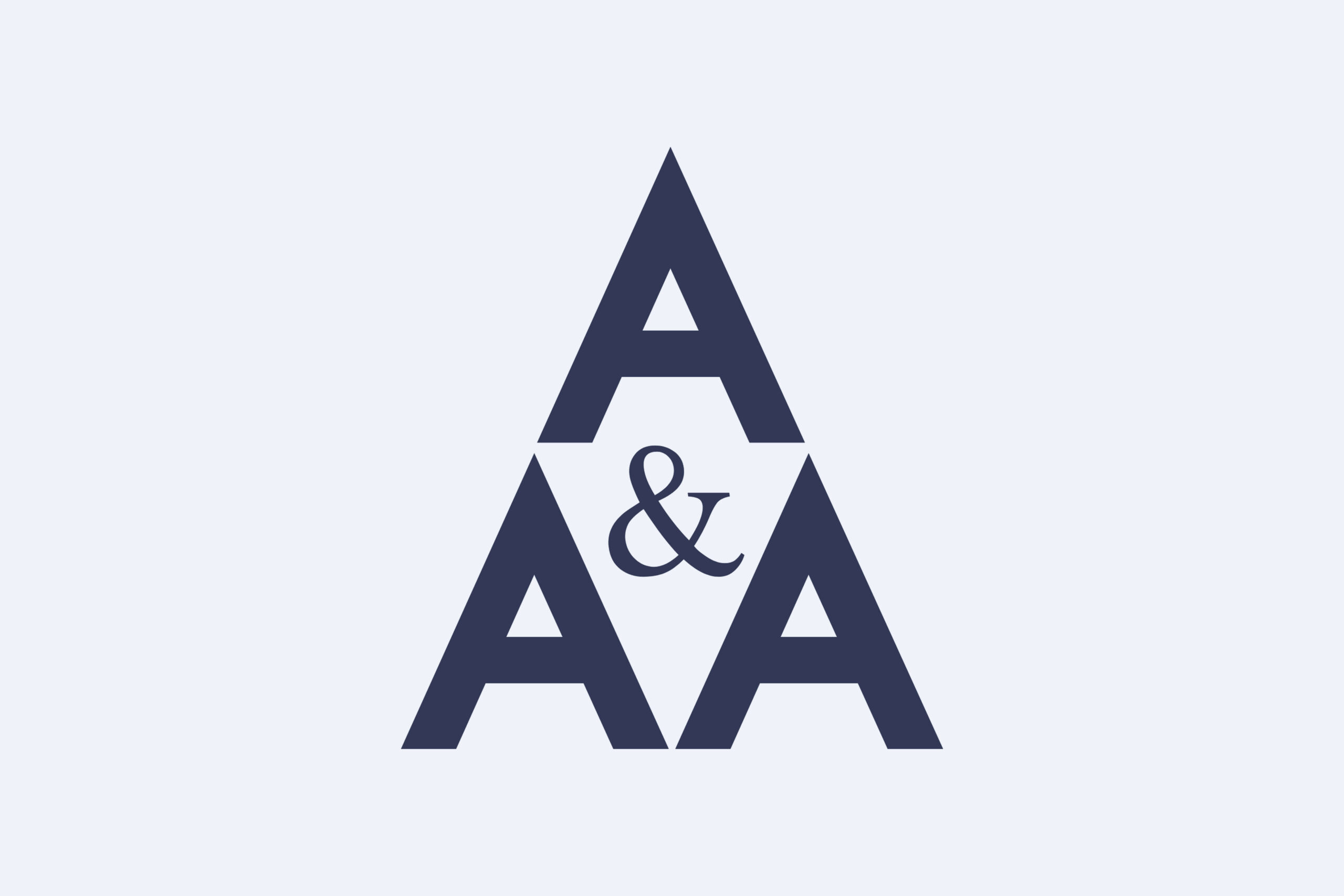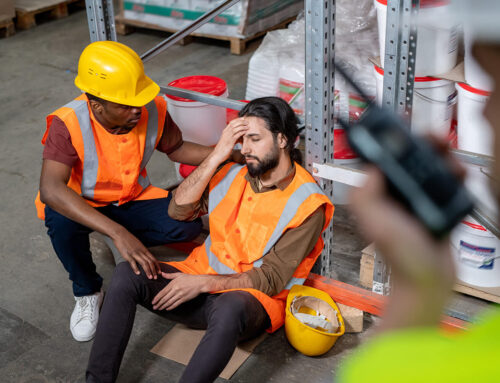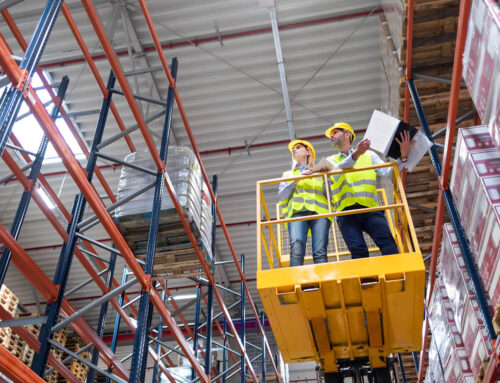When you are working at a construction job, there are many ways that you can be injured. Not all construction accidents are collapsed walls, malfunctioning scaffolds/ladders or falling building materials. Even if your injury accident wasn’t one of those more common “I fell from a scaffold” or “a falling beam fell onto me” cases, that doesn’t mean that you can’t recover compensation under the New York statutes.
The New York statutes designed to protect injured construction workers cover more than just the “obvious” type of injury scenarios. So, even if your accident was a less common one, don’t be discouraged and do reach out to a skilled New York City construction injury attorney promptly.
D.C. was someone who sued after he was hurt in one of these “less common” scenarios. He was an electrician working on the construction of a new Apple store in Grand Central Station in Manhattan. His tasks required D.C. to cross a three-foot tall concrete platform several times. The electrician wasn’t actually working on the platform; he simply had to cross it to get to a room in which he was working. During one of those trips, the electrician began entangled with a metal stud and fell from the platform and onto his elbow, suffering a significant injury.
The concrete platform had no steps, guardrails or safety devices of any kind around it. The electrician asserted that a violation of Section 240(1), which covers worker falls and falling objects striking workers, had occurred. When you pursue a case like this, you can expect the companies you’re suing to put up a strong defense, probably involving several arguments.
The main argument the defense made in D.C.’s case was that the accident that injured the electrician was not something that the Section 240(1) law was meant to cover. Previous cases have clearly ruled that the “usual and ordinary” dangers of a construction site aren’t covered. So, the key question in D.C.’s case was: was this accident merely the result of some usual and ordinary construction site danger or was it something more?
The defense, in arguing that D.C. wasn’t entitled to compensation, pointed out that the electrician wasn’t actually working on the platform – he was just crossing over it – and that he had done so successfully roughly 8-10 times before his injury occurred.
Despite the defense’s arguments, the electrician still succeeded. The Appellate Division court issued a ruling that said that, despite what the defense had presented, the law still demanded a judgment in favor of the injured worker. Specifically, the court’s ruling said that, because D.C. was “required” to pass over that platform to access an electrical panel and accessing that electrical panel was an essential part of the electrician’s job, it didn’t matter that the electrician wasn’t working on the platform (but was merely passing over it,) and it didn’t matter that the electrician had crossed the platform without injury several times before the accident occurred.
The platform should have had better safety protections, “such as a guardrail or stairs.” It didn’t, so D.C. was entitled to a summary judgment in his favor.
If you have suffered injuries working at a construction site in New York because someone did not provide the proper amount or type of safety protections, you may be entitled to a sizable sum in compensation. Reach out to the experienced New York City construction accident attorneys at Arcia & Associates to get the help you need. Our attorneys have many years of handling a full range of construction injury cases and are ready to get to work for you.
Contact us at 718-424-2222 to find out how we can help you.











